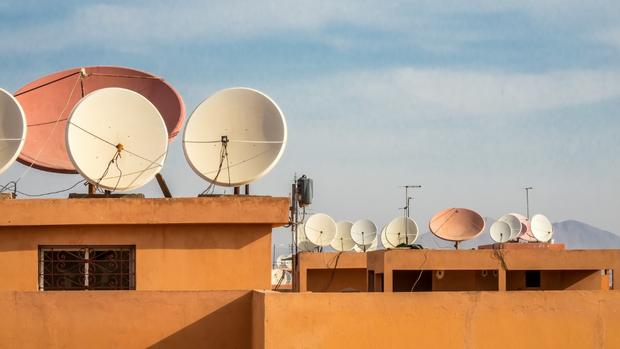As the Philippines continues to experience exponential growth in data, tech firm Nokia anticipates the demand of critical network technology to rise as the country bounces back from the pandemic and moves towards Industry 4.0.

Nokia’s published report, in collaboration with Parks Associates, revealed that there are persisting reasons slowing down the advancement of Industry 4.0: industrial environments with tricky terrain or harsh facilities, the overwhelming amount of data that clogs networks, the expanding attack surface, an organization resistant to change, and disparate providers.
In a way to expand and support more enterprises and their digital transformation journeys, Nokia will be directing its attention to major communications services providers, industries poised to reap the benefits of private wireless technology, aligning its partners sustainability initiatives, and anticipating the needs of the market to facilitate growth.
During a media roundtable, Nokia Philippines head Carlos Reyes reiterated the company’s commitment to deliver greater operational productivity and efficiency by providing customers with next-generation communication technology, backed by its proven track record in accelerating the digital transformation of local businesses and communities.
“The Philippines is a pioneer in 5G development, and is one of the most exciting countries in the Southeast Asia region today as it continues to expand the nationwide 5G deployment. As the Philippines continues to move towards its Industry 4.0 roadmap, it is more critical than ever for enterprises to accelerate the adoption of technologies to unlock new opportunities and boost the Philippines’ economy,” he said.
A large chunk of Nokia’s software business is cloud and network services, primarily enhancing the network enterprise operations of communication service providers. With software-as-a-service (SaaS) utilized as its core strategy, Nokia Philippines plans to strengthen its presence in several areas: 5G, wireless, broadband, digital transformation, and many more.
Another component of Nokia’s business is providing ubiquitous connectivity to field area networks via private wireless technology. By essentially powering automation and productivity from the enterprise-level, the company will be able to offer greater value proposition to several industries – whether it’s manufacturing, logistics and transportation, oil and gas, utilities, smart cities, and even public safety.
And while most developing countries are playing catch up in terms of fully leveraging on the benefits of 4G adoption, Nokia CTO for Southeast Asia Arthur Gerona noted on the rise of 5G adoption in countries like China and South Korea which signals the 4G adoption decline.
Based on GSMA’s latest insights on the global mobile economy, there are now around 70 countries with live commercial 5G network services, with Asia Pacific leading in the number of 5G connections at 195 million or 64% versus the global average of 25%.
In September, Nokia added new platform capabilities and applications for its on-premise Mission Critical Industrial Edge (MXIE) compute solution that allows enterprises to accelerate their deployment of edge innovations and essentially giving more power to customers on how they want to digitalize their businesses.
“We have always subscribed to open innovation to allow developers to accelerate the growth of industry solutions. By extending our ecosystem, enterprises can focus on their core competencies while leveraging capabilities on the MXIE to simplify, secure and advance their digitalization journey,” said Stephan Litjens, vice president of enterprise solutions for Nokia.
The metaverse is also expected to play a role in how CSPs will be building the networks geared for the new applications and experiences emerging from both the business and consumer spheres. Nokia believes that by preparing for the metaverse, companies will be able to menotize consumer metaverse while benefit from its industrial use cases like a digital twin platform provider.
The metaverse is one where physical, human and digital realities are conjoined. Through extended reality (XR), we can bring the metaverse wherever we go, rather than confine it to our homes and offices. This metaverse will be equally at home in the consumer, enterprise and industrial realms,” Nishant Batra, Nokia’s chief strategy and technology officer, explained in a statement.
In a global context, Nokia has established 233 commercial 5G projects across 77 live 5G operator networks. Across multiple industrial segments, it has provided and deployed mission-critical networks to more than 2,200 enterprise customers, 485 of which are benefitting from its private wireless product.




